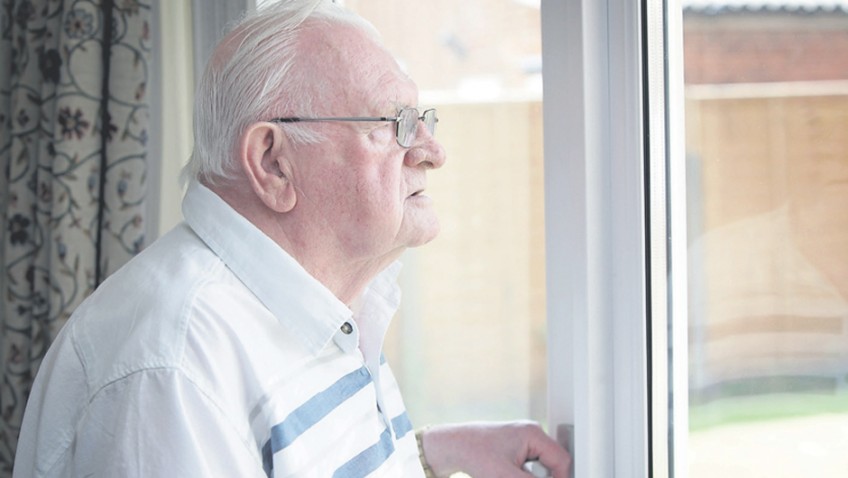We’ve all heard how important it is to look after our physical health – to keep to a healthy weight, take regular exercise and eat well. But what about our mental health? You may be confused about what mental health is or why it’s relevant to you.
Some people call mental health ‘mental wellbeing’, ‘emotional health’ or ‘emotional wellbeing’. Our mental health affects how we think and feel, and how we cope with life’s ups and downs.
It’s just as important as good physical health but like physical health, our mental health doesn’t stay the same. It can change with our circumstances, or as we move through different stages of life. And just as our bodies can become unwell, so can our minds.
Boosting your mood and helping yourself feel more positive is a great thing to do, no matter how tough life can be.
It may be that something as simple as singing along to a favourite piece of music or watching an episode of a classic comedy does the trick.
Or, if you’re feeling lonely, spending time with others – especially children or animals – can help to bring some light back into your life.
Age UK asked psychologist Susan Quilliam for her top 5 tips to boost your mood…
- Smile ‘When you smile it triggers mood-boosting hormones in the brain. So even if you don’t feel happy, put a smile on your face and you may soon start to feel more positive.’
- Keep busy ‘It doesn’t matter whether you tidy up the garden, wash the dishes or go for a walk – any activity that helps to break up your routine and gives you a sense of achievement will do the trick.’
- Talk to someone ‘It doesn’t matter whether you meet up face to face, talk on the phone, chat online or use Skype, connecting with other people helps to bring you out of yourself.’
- Help others ‘Research shows that helping other people will help to lift your mood. So do a favour for a friend, donate to charity or volunteer.’
- Live in the moment ‘If you’re feeling low, try to regulate your breathing and pay attention to what you can see, hear and feel at the present moment. This will help you to feel calm and bring you back into emotional balance.’
While our later years of life can bring rest, relaxation and fulfilment, they can also bring real challenges. As we get older many of us face illness, disability or have to cope with the loss of friends and family.
Even without these difficulties, we can feel worried as we approach retirement, or have trouble adapting to life once we’ve stopped working. These worries can easily lead to feelings of unhappiness, anxiety and stress.
If you or someone you know is experiencing low mood, feelings of anxiety or helplessness, they could benefit from talking to a counsellor who is specifically trained to help and support people to work through challenging times in their lives.
Talking treatments are available free of cost to all of us through the NHS, and have been proven to help people of all ages. Take the first step and ask your GP, who should be able to refer you to a talking therapy service in your area.
For more information about talking therapies near you, visit: www.iapt.nhs.uk/services or call the Age UK helpline 0800 169 6565.
Joe’s story
‘I’d looked forward to retirement for a few years and at first it was a real novelty not having to set my alarm to go off in the morning.
‘But people don’t tell you that retirement isn’t always so easy once you get there. After a couple of months, I felt myself wondering what I had to get up for. I was spending a lot of time sitting on the couch watching TV. I knew I should get out and do something but it was hard to motivate myself.
‘Then one day I was reading my local paper and I saw an advert for a walking group. I wasn’t sure at first. I knew I wanted to start doing something so I thought about it for a few weeks before finally plucking up the courage to go along.
‘It wasn’t easy turning up by myself the first few times but one of the regulars, Ron, made a real effort to introduce me to everyone and make me feel welcome. I go on two walks a week now – every Wednesday and Saturday – and I really look forward to them. Getting out for some exercise and fresh air does me the world of good as it helps me clear my head and keep things in perspective.
‘And the social aspect has been great. I hadn’t realised how much I was missing the social interaction I got from work. I even meet up with a few people outside the group now. We go to the cinema together and out for lunch every couple of weeks. The thing is that you don’t even realise you’ve gone into yourself until you start doing things again.’





